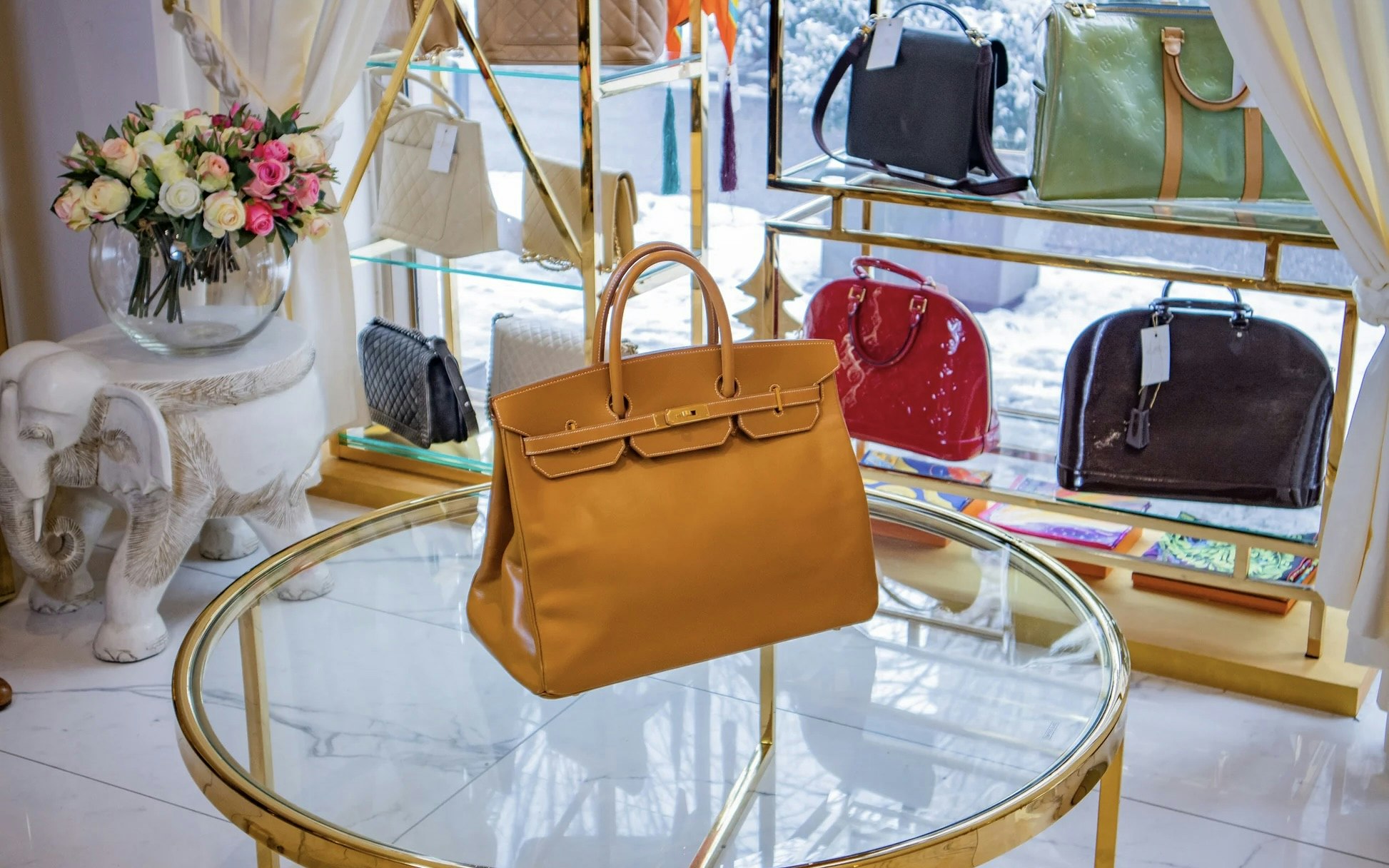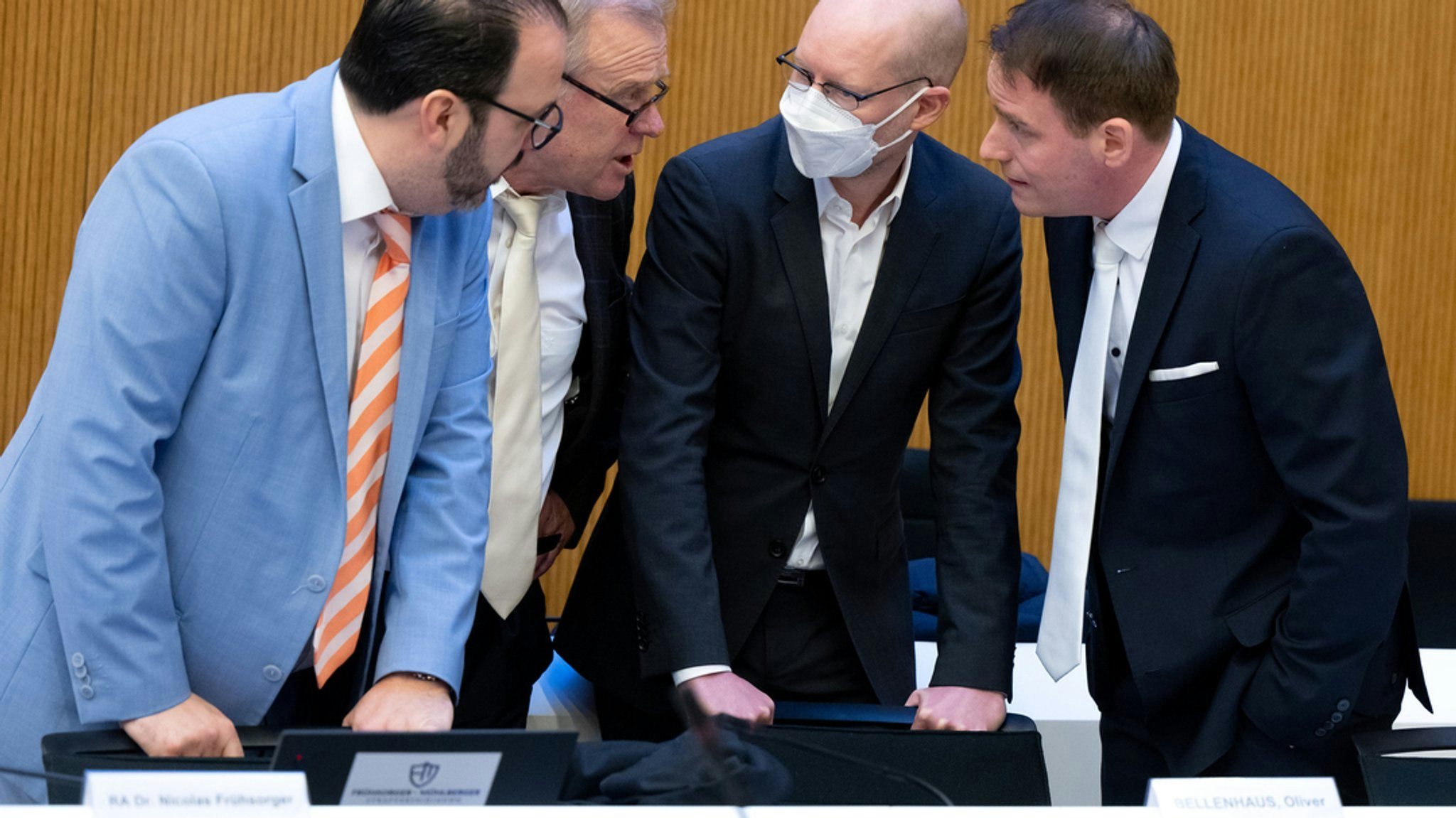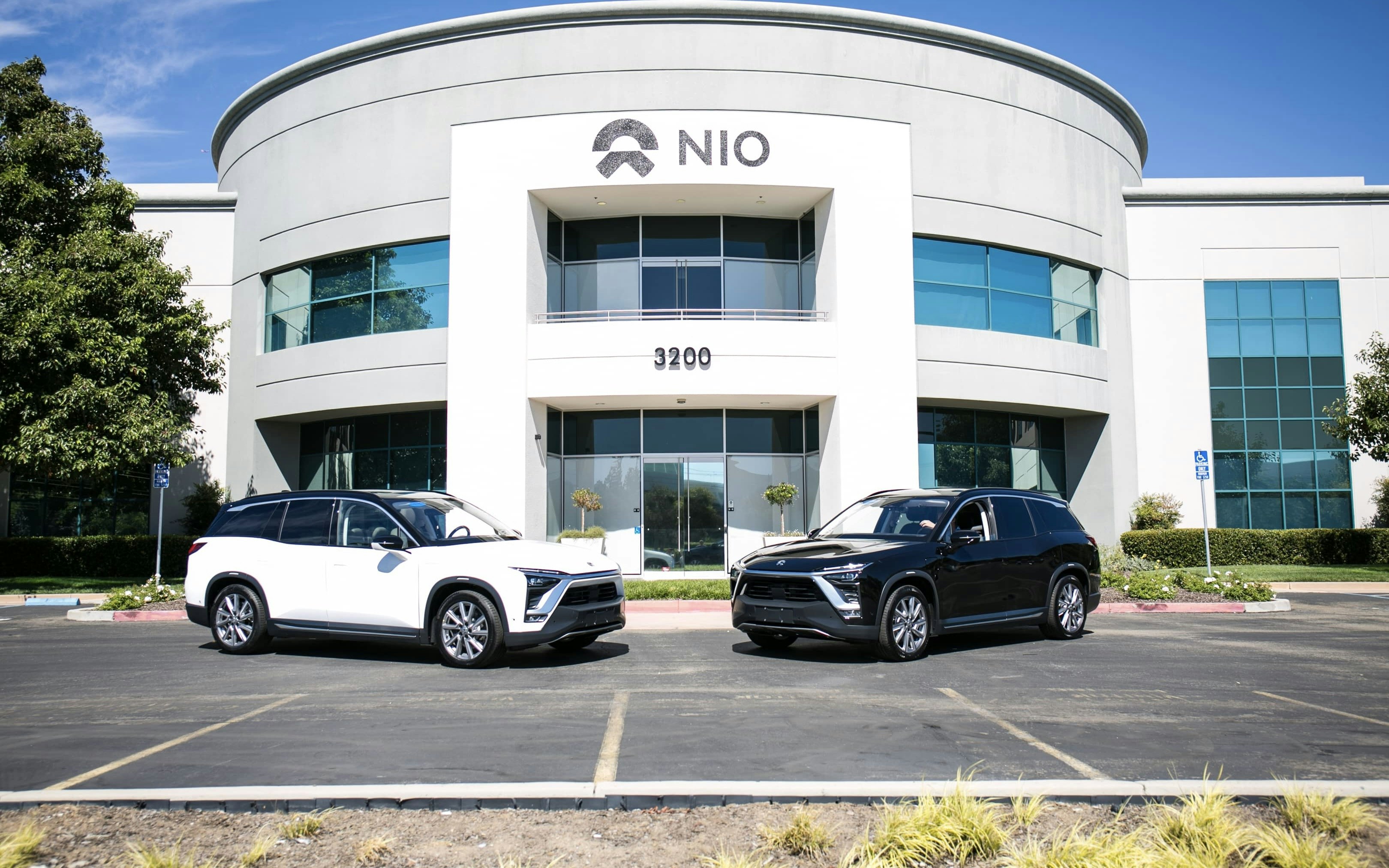While other luxury brands falter, Hermès secures the majority of growth in the luxury goods market in the second quarter.
France's leading luxury goods companies reported very different results for the second quarter last week. On Tuesday, LVMH Moët Hennessy Louis Vuitton announced that revenue for the three months to June had risen by a disappointing 1% compared to the previous year. Gucci owner Kering followed with an 11% decline in revenue and a profit warning. Hermès, on the other hand, recorded an impressive 13% increase in revenue over the same period.
Hermès was able to account for more than 100% of the incremental growth in the industry last quarter. Luxury buyers spent 440 million euros—equivalent to 477.6 million US dollars—more in the French brand's stores than in the same period of the previous year. Simultaneously, they spent 400 million euros less on all other luxury brands combined, according to an analysis by Bank of America.
This development presents a double challenge for luxury brands, which are facing issues at both the upper and lower ends of the consumer spectrum.
For months, it has been clear that middle-class buyers in the USA and China, the two most important markets for the luxury industry, have reduced their spending. Chinese consumers are saving instead of consuming because the value of their real estate is falling. In the USA, low and middle-income individuals who developed a taste for luxury during the pandemic have exhausted their savings and significantly cut back on their spending.
Now even wealthy consumers seem to become more selective about which brands they buy.
The jewelry sales also remain stable, as buyers look for products that retain their value better than clothing or handbags. Cartier owner Richemont saw a 4% increase in jewelry sales in the quarter, despite the company's overall revenues being weighed down by weak demand for watches and fashion items. Kering's jewelry brands, Boucheron and Pomellato, were rare bright spots in the portfolio.
The outlook is bleak for brands like Gucci and Burberry, which are in a period of transition. The latter issued a profit warning this month and replaced its CEO after a years-long effort to make the British trench coat manufacturer more exclusive had failed. Stock prices have fallen to 2010 levels.
Both brands face a difficult task of attracting buyers. Neither Gucci nor Burberry are known for the currently trendy classic designs. Additionally, the drastic price increases in recent years have deterred many potential buyers.
The stocks of luxury brands are performing differently. The shares of Richemont and Hermès have increased by 15% and 8%, respectively, since the beginning of the year, while all others are in the red.
Investors follow the example of wealthy buyers: In uncertain times, the most exclusive brands are the safest bet.










